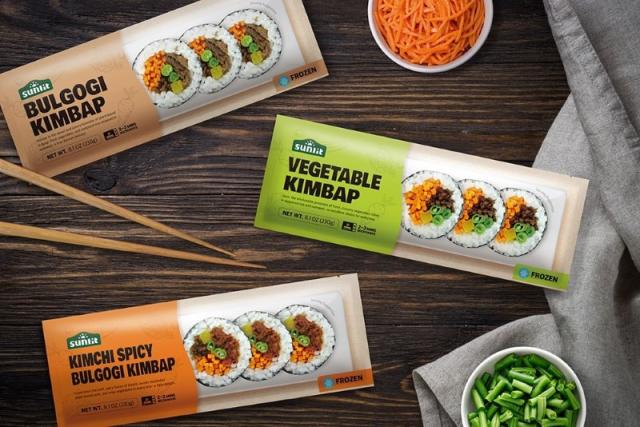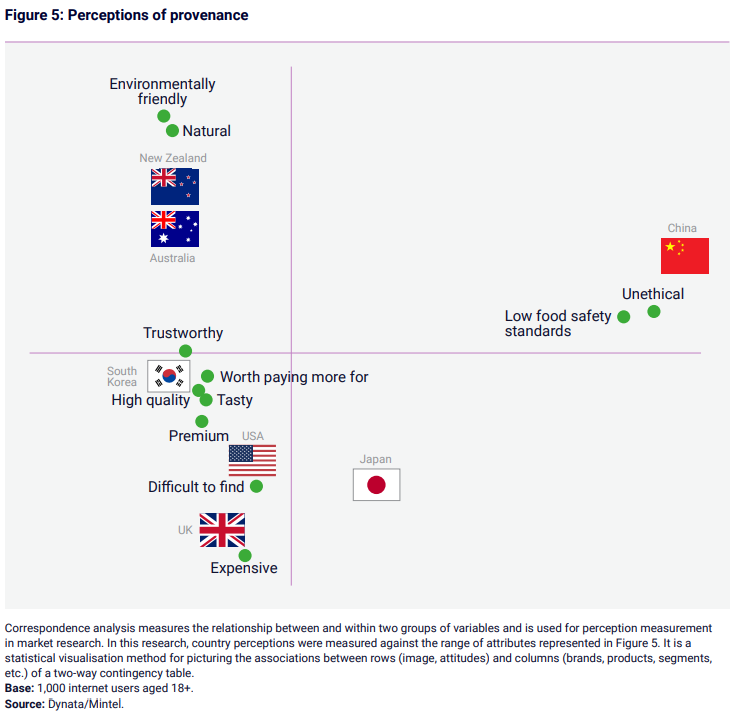Innohas USA Inc. (operating under the brand Sunlit Foods) announced it has opened the world’s largest plant-based food factory in Jecheon, South Korea.
According to Innohas, the newly launched Innohas Green Food Factory – the company’s second manufacturing facility – has an extensive lineup of production facilities, including the nation’s largest frozen kimbap production line, dedicated plant-based BBQ and deep-frying lines, and an exclusive oven line for plant-based products.
Innohas said the comprehensive setup facilitates the production of both finished goods and ingredients for further culinary use.
Sunlit Foods’ product range includes 11 types of ready-to-eat meals including Plant-based Bulgogi, Vegetable Kimbap, Plant-based Bulgogi Japchae, and Plant-based Bibimbap, among others.

“Innohas’s foray into the plant-based food sector is particularly noteworthy in Korea, a country with a strong meat-eating culture,” the company said in a statement. “Despite the challenge, Innohas continues to spearhead the plant-based trend in Korea, offering a range of products that enable consumers to easily adopt plant-based options without sacrificing taste or traditional flavours.”
Innohas added that it plans to participate in SIAL 2024 in Paris this October to showcase its products in Europe and expand its global footprint.


Sunlit Foods’ production site in Jecheon, South Korea. Image via Innohas.
The opportunity for ANZ plant-based brands in South Korea
Despite its traditionally meat-focused culture, South Korea was ranked third-most-favourable market for alternative protein exports by the Good Food Institute (GFI) APAC in the non profit’s latest report. The study based the ranking on South Korea’s favourable market size, high volumes of imported food, and rate of innovation relative to other Asian markets.
GFI said that while the majority of South Koreans are meat eaters, 26% of consumers indicated they wanted to reduce meat consumption, with one in five South Koreans indicating they have eaten plant-based meat at home or outside in the past six months. Additionally, South Korea has a lower price gap with conventional meat compared to the other countries in the report.
According to the study, Australian and New Zealand have a strong opportunity in the market due to perceptions of products and strong trade relationship between the two sides.

Australia and New Zealand plant-based products are perceived by South Koreans as being more natural and eco-friendly compared to products from other Western markets. This gives ANZ plant-based brands the opportunity to stand out in the market due to environmental and food safety concerns being key motivators for consuming plant-based meat in the country.
GFI also noted that despite the fact that South Koreans have an issue with the highly processed image of plant-based meat offers, perceptions of Australian and New Zealand products being ‘natural’ could help to counteract this image.
To stay up-to-date on the latest industry headlines, sign up to Future Alternative’s enewsletter.
Posted on:


